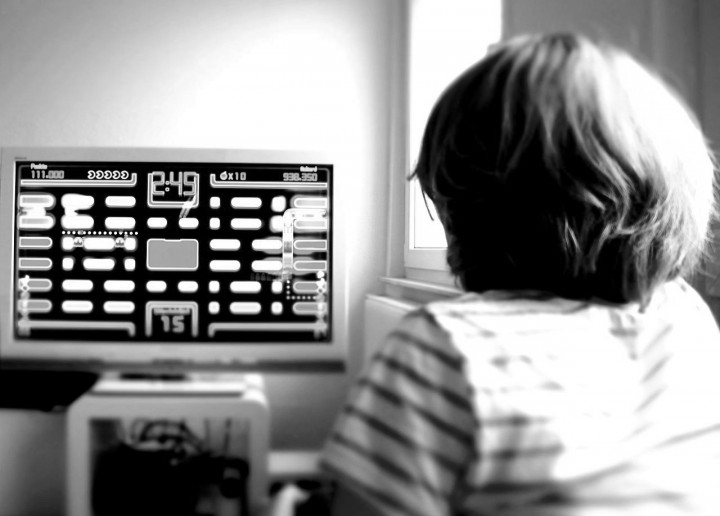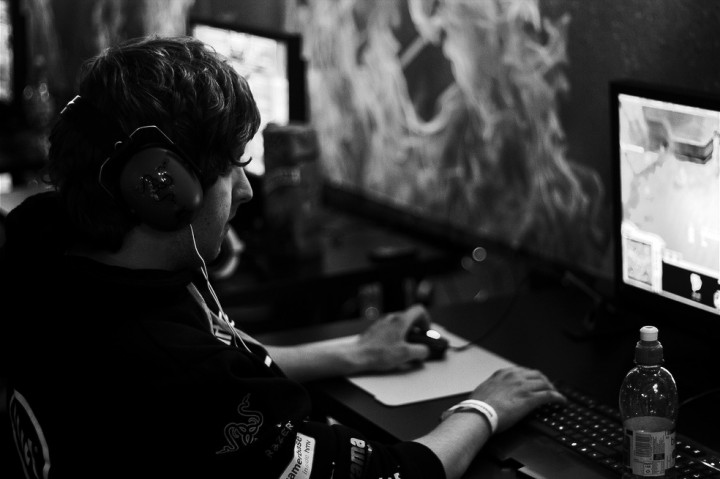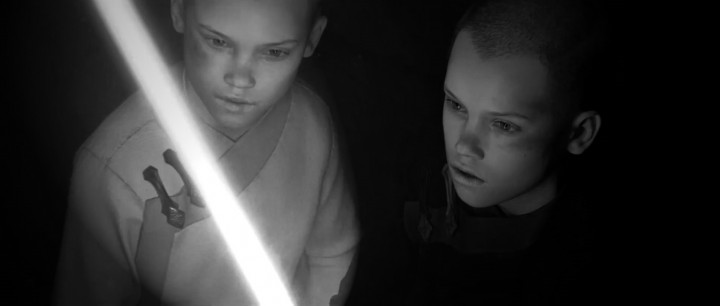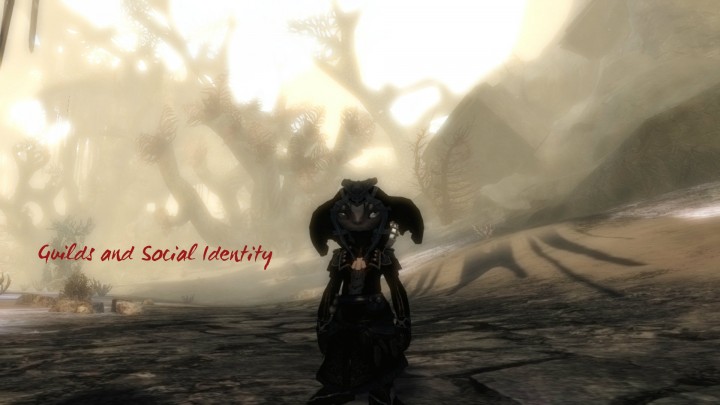Last night I had a dream I did not enjoy. In it I was having a conversation with a particularly irrational person who insisted on things that were so illogical that I simply thought to myself: “This is impossible, I’m just going to wake up now because there’s no point to this conversation”. So I did. When awake I realised that by telling myself to wake up I must have been aware of my dreaming state. A lucid dream in other words. How long had I been aware of the fact that I was dreaming I wondered. The whole night? I kept thinking about the subject of lucid dreaming as I stared up at the ceiling unable to fall back asleep. Eventually I got up. Some late-night (or rather early-morning) browsing of the Internet showed me that “hardcore” gamers (characterized in part by regular playing sessions of more than 2 hours, several times a week) are more prone to lucid dreaming than the average person. Could this be true? It’s a captivating thought indeed.
Psychologist Jayne Gackenbach and her colleagues found many effects that gaming seem to have on our dreams in their research.









